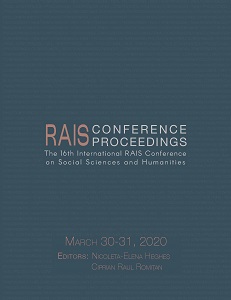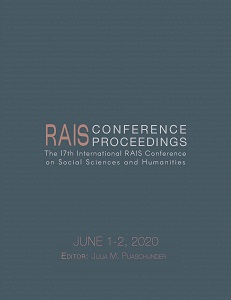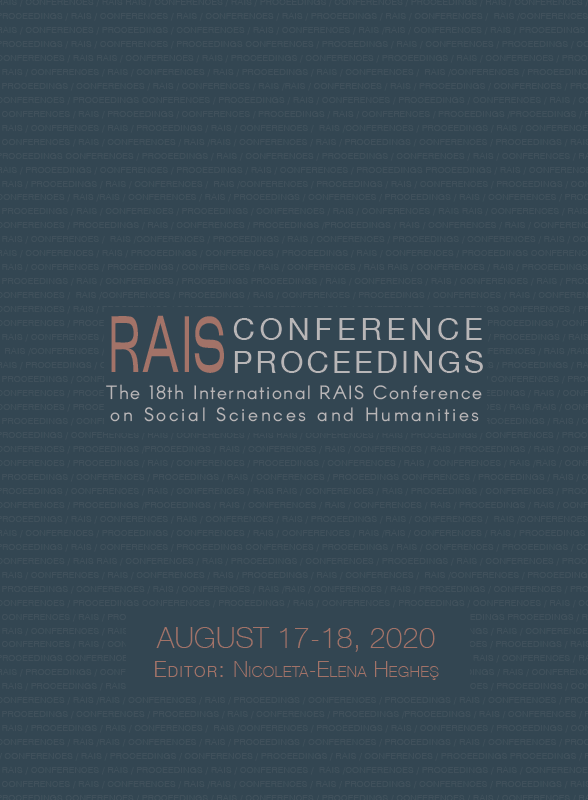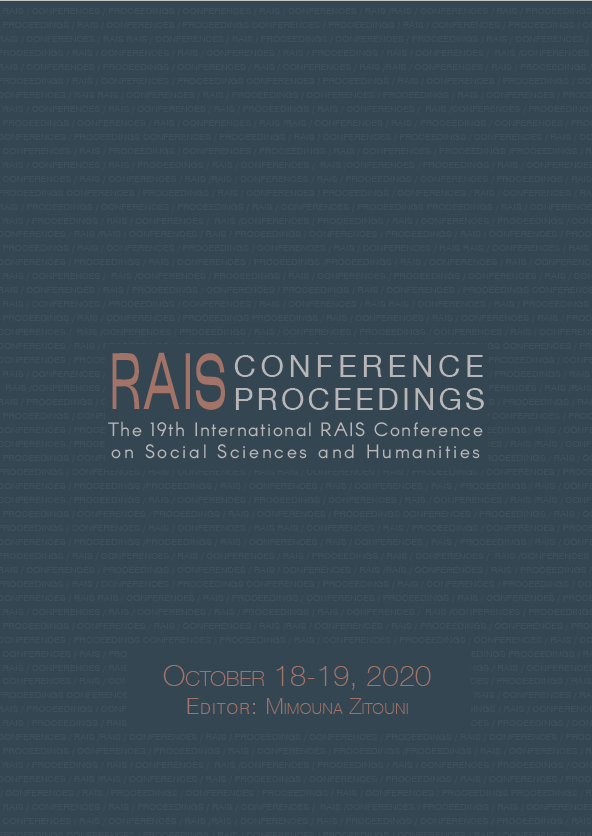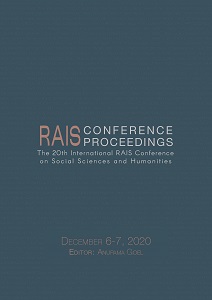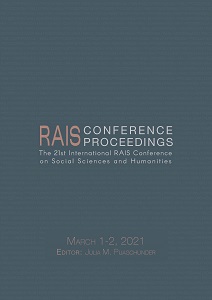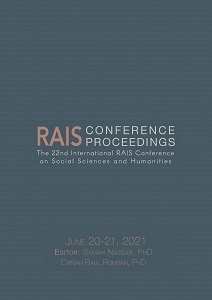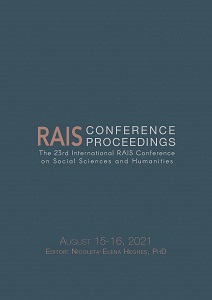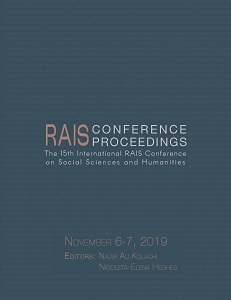
Analysis of the Different Education Policy Reforms in Uganda (1922 – 2000)
Analysis of the Different Education Policy Reforms in Uganda (1922 – 2000)
Keywords: policy reforms; public value theory; human capital theory;
Since the colonial era, Uganda has instituted several commissions of inquiry aimed at reforming the education sector. Despite these commissions, the sector still faces multiple challenges ranging from financing, poorly trained teachers, high level of teacher and student absenteeism, inadequate learning materials and large class sizes. The paper argues that much as policy reforms on primary education development that were made during the colonial times were criticized because colonial education was seen as alien, Ugandanisation of education after independence and the reforms by the successive governments did not change the sector so much. As a result, it has failed to embrace the virtues of quality, equity and efficiency yet the successive policy reform commissions have among other things been tasked to ensure that the trio is achieved. The paper is guided by both the Public value management theory and the Human capital theory. The findings of the study will inform the government about the challenges of primary education in Uganda and what went wrong with the successive policy reforms with a view to rectifying the anomalies in the future policy reforms.
More...
